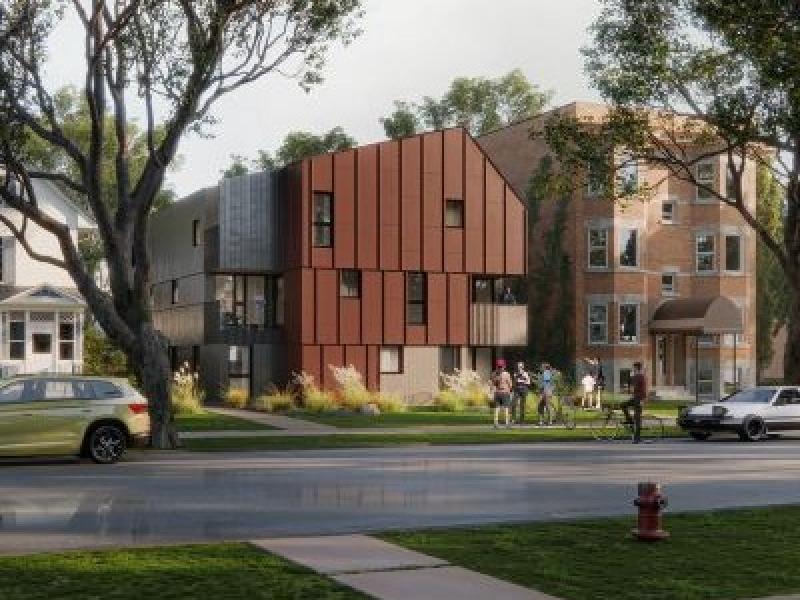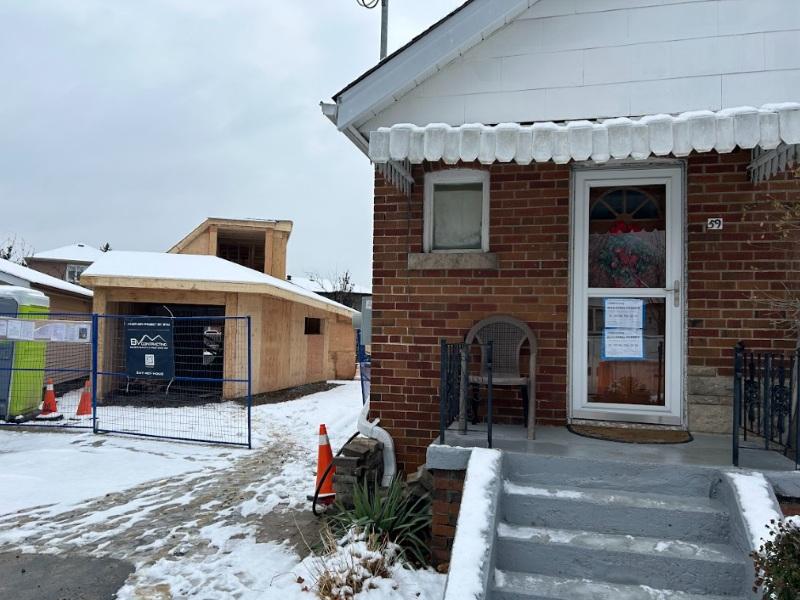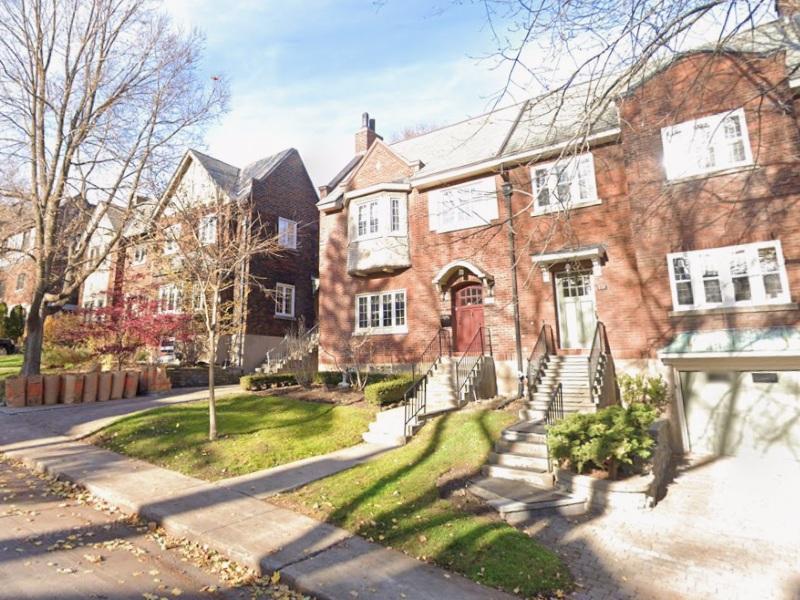
Housing supply in Canada is constrained by layers of municipal permitting processes that take up valuable time and money, according to a report released today by the Canadian Federation of Independent Business (CFIB).
In Flushing out the nonsense the CFIB argues municipalities are stifling small business construction firms with red tape, which slows down homebuilding.
To illustrate its argument, the CFIB looks at the costs of renovating a powder room into a full bathroom in 12 municipalities across Canada, and estimates the average cost of obtaining all the permits at over $500. Upfront permit costs and documentation to support the application can take weeks or months to obtain and cost thousands of dollars, the report states.
"If there are this many obstacles for a simple bathroom renovation, imagine how costly and time-consuming it is to permit a secondary suite, a complete renovation or a new build,” Francesca Basta, CFIB's research analyst and co-author of the report, said in a release.
Secondary suites are listed by the Canada Mortgage and Housing Corporation as potential solutions for homeowners to help offset housing costs, while also contributing to the supply of new housing amid a period of rapid nationwide population growth and low housing availability.
The CFIB is a small- and medium-sized business advocacy nonprofit that has released reports arguing for fewer regulations.
The costs of renovating a bathroom
The CFIB opted to base the case study on a bathroom conversion because it “could be one of several steps a homeowner would need to create a new unit in their existing household.”
Looking at the price and number of bureaucratic hurdles that must be overcome to permit the renovation, the average cost for getting all the permits is calculated at $506.25. Seven documents on average are needed for the renovation, ranging from site, floor and construction plans to permits for trades that require professional consulting.
The priciest permitting process belongs to Vancouver at $2,029 with 11 documents needed. Though Toronto has some of Canada’s most expensive real estate, permitting in Canada’s biggest city is pegged at $296, but 10 forms are required.
Edmonton has the second-most expensive permitting at $673, while the lowest permitting costs belong to Charlottetown at $180. Both cities require five approvals to proceed with such a project.
The financial and time costs of permitting are affecting housing supply, the report states. Adding more housing supply through secondary suites could be larger a part of Canada’s housing affordability solutions, but only if it is not held back by regulations and costs.
The business climate impacts small- and medium-sized enterprises (SMEs) that make up 82 per cent of construction businesses, CFIB says. Unlike large businesses, SMEs often lack the resources to navigate regulations, which slows down homebuilding or may force some work to be done “underground.”
Ways to streamline permitting
To address permitting, CFIB prescribes some steps for municipalities.
The first is adoption of automation and digital practices. Digitizing permitting and including self-service tools can reduce the time spent on in-person queries and human resource involvement, the report says. Richmond, B.C. for example, is testing an online business licensing service called My Business that tracks permitting applications in real-time and aims to auto-approve simple permits.
The complications of understanding the language of permitting documents could be alleviated with municipal staff or online services being more available to answer questions about permit requirements and costs. This could be something as simple as a PDF check list, as Moncton, N.B. provides.
More transparency about permit processing times by outlining how long approvals can take, would help set expectations and improve targets, the report argues.
On a federal level, the CFIB urges some housing and infrastructure funding to be given only if a municipality can meet requirements for less red tape. The organization also advocates for the federal government to ensure provincial reporting requirements are set and “champion best practices.”










